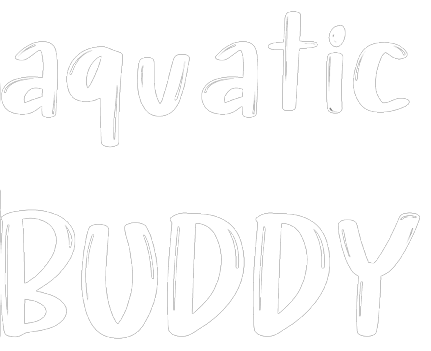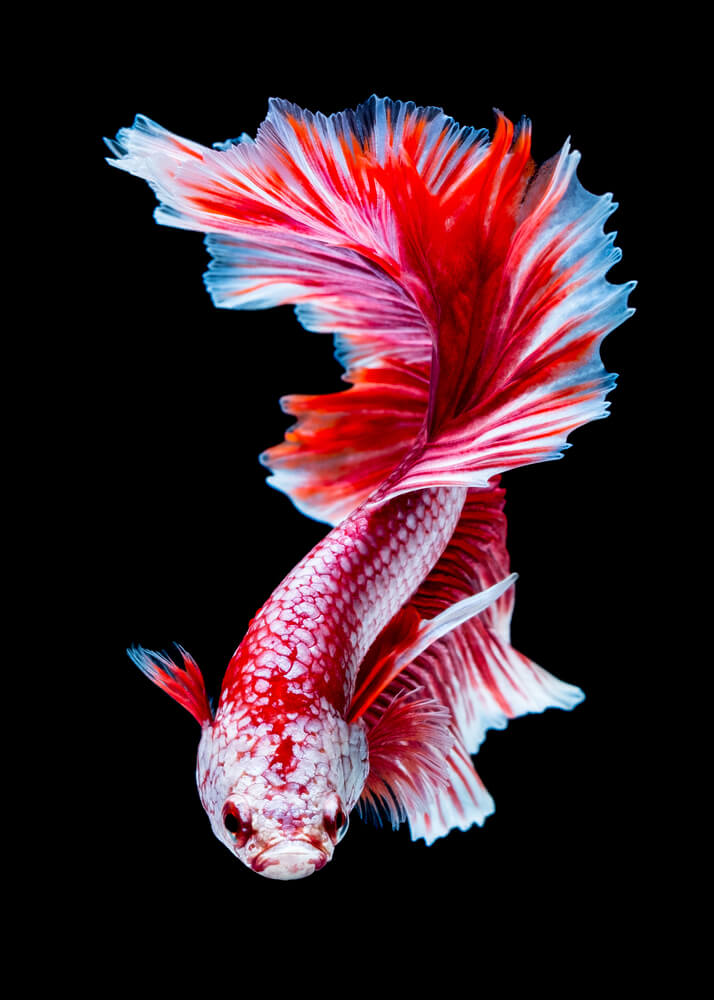As a betta fish enthusiast, I know how important it is to provide the right kind of nutrition for our finned friends.
Not only do they need high-quality food that meets their nutritional needs, but it’s also essential that you choose food appropriate for their size and activity level.
In this article, I’ll be discussing some great options when it comes to feeding your betta fish. I understand firsthand the importance of making sure my betta fish receives all the necessary nutrients in order to stay healthy and happy.
That’s why I’m passionate about helping others make informed decisions when it comes to selecting food for their little buddies. So let’s dive right into learning more about what types of food work best for these wonderful creatures!
Dietary Requirements For Betta Fish
When it comes to feeding your betta fish, there are a few important things to keep in mind. Betta’s diet should be varied and include both frozen foods and freeze-dried food for optimal health. Some of the best options when it comes to betta fish food are brine shrimp, bloodworms, daphnia, and mosquito larvae.
It is very important that you don’t overfeed your betta as this can lead to obesity or digestive problems. It’s recommended that they only eat what they can consume within several minutes two times per day. Feeding too much can also cause water quality issues due to uneaten food which will then decay in the tank.
In order to ensure proper nutrition for your betta, try mixing up their meals with different types of food at each mealtime. A good rule of thumb would be offering one type of protein source such as brine shrimp along with some vegetable matter like spirulina flakes or blanched lettuce leaves every other day or so.
This way they get all the essential nutrients they need while still having variety in their diets! Now let’s look into what exactly we should feed our beloved finned friends…
What To Feed A Betta Fish
Types Of Food
Feeding a betta fish can be an exciting and rewarding experience! They have quite the appetite, so it’s important to make sure they get all the nutrients they need.
When deciding what type of food you should offer your Betta fish, there are several options available – freeze dried bloodworms, brine shrimp, live foods like daphnia or grindal worms, and specially formulated betta pellets.
Freeze dried foods are convenient because they don’t spoil quickly, but if you opt for those instead of live foods then you’ll want to supplement their diet with some occasional treats such as brine shrimp or freeze-dried bloodworms.
Live foods provide essential vitamins and minerals that frozen and pellet diets may lack. Plus, watching them eat is so fun! But whatever option you choose, make sure to feed your betta small amounts twice a day rather than large meals once in awhile; this will help keep them healthy for years to come.
Feeding Frequency
Feeding your betta fish the right food is important, but so is feeding them at the right frequency. It’s best to feed your betta small amounts of food twice a day rather than one large meal every once in awhile; this will ensure they get all the nutrients they need and help keep them healthy for years to come.
You can choose from a variety of options when it comes to betta food such as freeze-dried bloodworms, brine shrimp, live foods like daphnia or grindal worms, and specially formulated betta pellets.
Whatever option you go with, just make sure not to leave uneaten food in their tank for too long as that can cause water quality issues.
With careful consideration about what type and how often you feed your Betta fish, you’ll have a happy, healthy pet!
How Much To Feed A Betta Fish
Now that you know what to feed your betta fish, it’s important to understand how much they should be eating.
The amount of food a betta fish needs depends on their age and activity level. Generally speaking though, betta fish eat very small amounts due to the size of their stomachs.
It is best to feed them no more than two or three pellets once per day – preferably in the morning when they are most active.
Freeze-dried foods can also provide a great source of nutrition for your betta fish but should not be given as frequently as pellets since they take longer to digest. If you plan on giving freeze-dried foods, then only give them once every few days.
Be sure to soak the dried food before feeding so that it softens up in water and is easier for your betta fish to swallow.
The key takeaway here is that moderation is key when it comes to feeding your betta fish. Too many meals throughout the day can lead to bloating and other health issues which could harm or even kill your beloved pet!
With this in mind, let’s move onto discussing some potential reasons why your betta fish isn’t eating…
Reasons Your Betta Fish Isn’t Eating
I’m worried my betta fish isn’t eating because he might be ill. It’s possible his diet isn’t providing him with the nutrition he needs, so I’m thinking of switching his food.
I’m also concerned that stress could be a factor for why he’s not eating; I’m trying to create a calm environment for him. I’ve checked for signs of illness, and so far everything seems ok.
I’m making sure I’m giving him a variety of food and fresh water, so his diet is balanced. I’m also looking into ways to reduce stress, like providing him with hiding places and removing any aggressive fish from his tank.
Hopefully with some changes, my betta fish will start eating again soon.
Illness
I’m sure you love your betta fish and want to make sure he is as healthy and happy as possible. One of the most obvious signs that something might be wrong with him is when he stops eating. As a betta keeper, it’s important for us to understand why this could be happening so we can get him back on track.
A common cause of illness in a betta fish is an unbalanced diet or poor nutrition due to improper feeding habits. To ensure your betta gets all the essential vitamins and minerals they need, feed them high-quality tropical fish flakes tailored specifically for their dietary needs. By providing them with essential nutritional elements found in these products, you’re helping keep them healthy and giving them the energy they need for everyday life.
It’s also important that you are not overfeeding your betta – the general rule of thumb is to only give them enough food that will consume within two minutes twice per day. If you find yourself constantly having to clean up excess food from the tank then you should reduce how much you are feeding your betta accordingly.
Taking small steps like this will help ensure his health and wellbeing!
Poor Nutrition
Poor nutrition is a common cause of illness in betta fish, and it’s important to understand why this might be happening so you can get them back on track.
When choosing the food for your betta, make sure you always opt for high-quality tropical fish flakes specifically tailored for their dietary needs. This will help ensure they’re getting all the essential vitamins and minerals that are needed to keep them healthy. Don’t forget to check with your pet store too – some may even carry special formulas designed just for bettas.
It’s also crucial not to overfeed your betta – only give him enough food that he’ll consume within two minutes twice per day. By doing this, you’ll prevent an overload of uneaten food from sitting in his stomach or polluting the water quality. You can even try adding variety by offering frozen or freeze-dried foods alongside all the usual dry flakes or pellets!
By following these simple steps, you can help make sure your betta gets everything he needs while avoiding any potential health issues due to poor nutrition or incorrect feeding habits.
Stress
Stress is another common cause of poor appetite in betta fish. Unfortunately, it’s not always easy to tell when your betta is feeling stressed out – but if their eating habits have changed recently, that could be a sign something isn’t right.
If you suspect this might be the cause, take some time to inspect the environment they are living in and see if there are any potential sources of stress. It may help to keep them in an area with plenty of hiding spots or add a few decorations for them to explore.
You’ll also want to check that their food source isn’t becoming a source of stress either! Too much excess food can start to accumulate on the bottom of their tank which increases water toxicity levels and causes further problems for your pet. Make sure you’re only giving them enough food that they can consume within two minutes twice per day – anything more than that should be avoided at all costs.
By keeping these tips in mind and monitoring your betta’s behavior closely, you can better identify any potential sources of stress before they become too serious and get your little buddy back on track as soon as possible!
Conclusion
It’s important to make sure that your betta fish is eating the right kind of food, in the right amount.
As a responsible pet owner, you need to take an active role in monitoring their diet and making sure they’re getting all of their essential nutrients.
If you notice your betta isn’t eating as much or at all, then it could be indicative of something wrong with their environment or health. It’s best to consult with a vet if this happens so you can get them back to optimal health.
With good care and nutrition, you can ensure that your betta has a long and happy life!

